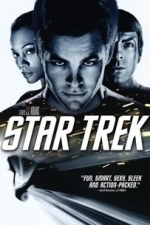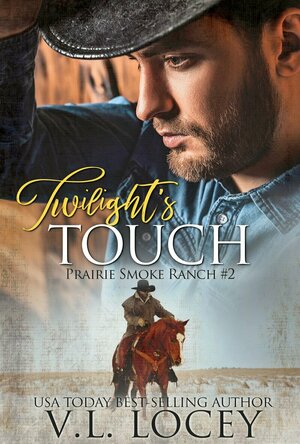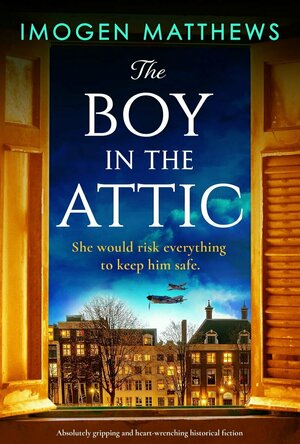
Podbean Podcast App & Player
News and Entertainment
App
Podbean Podcast App is top trending podcast apps of global best 2016 in iTunes Store and also...

Blaze Magazine
Education and Magazines & Newspapers
App
For horse crazy kids, a discovery magazine about horses, kids and the world they share. ...

iReadArabic
Education and Entertainment
App
*** Learning to read Arabic was never so playful *** "IReadArabic" and the reading of Arabic...
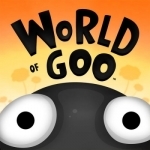
World of Goo
Games
App Watch
"iPad Game of the Year" - TouchArcade "iPad Game of the Year" - MetaCritic Beautiful and...
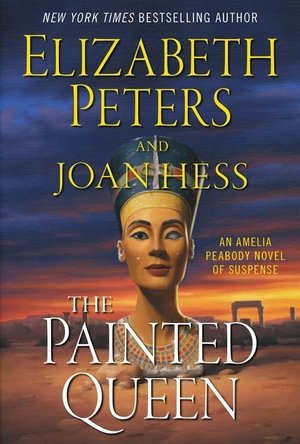
The Painted Queen
Elizabeth Peters and Joan Hess
Book
Egypt, 1912—Amelia Peabody and her dashing archeologist husband, Radcliffe Emerson, are once...
David McK (3692 KP) rated Star Trek (2009) in Movies
Aug 23, 2020 (Updated Jan 22, 2023)
2009 big screen reimagining of the iconic 60s TV series, and I use that as the touchpoint deliberately: we're back to a (recast) Kirk and co instead of the Next Generation crew, or even those from Voyager/Enterprise/Discovery.
In retrospect, it also somewhat comes across as director JJ Abrams pitch for making a Star Wars movie: this is also lens flare and slow motion, with the action ramped up considerably from the TV series or even most of the previous movies. it's also the first of the three Kelvin-verse Star Trek movies: I'm unsure whether we'll get any more in that timeline, what with the tragic death of some of the (young) key actors - I'm looking at you, Anton Yelchin (Chekov) - and with others of the cast moving on to other bigger (?) sci-fi things - yep, that's you Zoe Saldana (Uhura).
The plot, as alluded to above, involves time travel, with the events thus kicking off an entire new timeline, that here sees Chris Pine taking on the role of James T Kirk - initially introduced as a kid, driving his step fathers classic car off a cliff (talk about setting out your stall early!) - and Zachary Quinto (then more famous as the villain Sylar from TVs 'Heroes') talking on the role of a younger Spock.
Most of the cast, I felt, was pretty much spot on - the only one that really rubbed me up the wrong way was Simon Pegg as Scotty, although even he grew on me a bit (I'm also not entirely sold on the aesthetics of the USS Enterprise here - more like USS Chibiprise!). We also have the 'passing of the torch' (as it were) from one character to another, with the inclusion of a certain key half-human actor who will forever be associated with that role ...
Debbiereadsbook (1647 KP) rated Hiding Place in Books
Apr 3, 2023
Zach buys a Pele tower that needs fixing up, in an effort to hide from the loss of his bandmates. Said tower belonged to Robert's grandfather. Someone died in that tower, murdered, and it was never solved. Can Robert and Zach find some answers with what Zach uncovers? Or will Robert's past eat away at him too much.?
Now, if you follow my review, you'll know I'm ALL about sharing of the book feels, right? And I have one overwhelming feeling about this one:
I wanted Robert and I didn't get him.
This book is told entirely from Zach's point of view, in the first person. While I liked Zach well enough, it was ROBERT who held my attention for much of the book and I wanted to hear from him, badly. I needed to know what he felt about his grandfather doing what he did with the tower. What he felt about Zach, cos in the beginning, Robert sure did blow hot and cold! And just what was going on in his head when he finally gets it all out, and tells Zach about his birth. It wasn't pretty, reading Robert telling Zach, but I wanted in Robert's head then the most.
It's quite clear early on, to me anyway, whodunnit, but just not HOW. Zach's discovery in the loft explains that though.
I know I shouldn't have, but I had to chuckle at the bit when Zach was sick and Robert wanted to get some medicine down him. Benylin is cough syrup, and the only and correct way to take said syrup is to swig out the bottle, and Robert says that to Zach, have a swig of Benylin! Made me laugh that did!
So, while I really enjoyed this book, I still felt that Robert might have made it a 5 star read, but I didn't get him, so...
4 good solid stars
*same worded review will appear elsewhere
Heather Cranmer (2721 KP) created a post
Dec 7, 2021
Debbiereadsbook (1647 KP) rated Twilight's Touch (Prairie Smoke Ranch #2) in Books
Feb 24, 2022
This is book 2 in the Prairie Smoke Ranch series. I have not read book 1, Dawn's Desire. I didn't feel like I was missing anything, but for the discovery of the bones! I want to go back and read it, though. I'm intrigued, but it's not a necessity to have read, I don't think.
Perry works at Prairie Smoke Ranch, mostly with the horses who don't trust people. He reads to them. Ancient Greek history of all things. I loved this, even if I had no clue who he was reading about!
Will and Perry have a bit of a moment, a while back and its been playing on his mind but Perry, the wonderful human that he is, doesn;t want anyone to know. It could harm his mum and his grandfather and Perry won't do that.
Somewhere along the way, Will gets so far into Perry mind, he crosses into his heart and it really was delightful watching these two dance in the rain!
I loved that Will, bad boy that he is, doesn't want to corrupt Perry, he wants Perry to see it's ok to let go, to be yourself, to TRULY be you.
Or at least that is what I think he wants to do. Because Will doesn't get a say and thats the only reason I can't stretch to the full 5 stars. Perry speaks, and only Perry. And I really wanted Will. Especially after I found they had that moment before. When they were dancing in the rain, and really wanted to hear from Will when Perry finally, FINALLY lets him in.
All in all, a beautifully written book, a wonderful tale, and I want to go back and forward with this series!
4 wonderful stars
*same worded review will appear elsewhere
Hazel (2934 KP) rated The Boy in the Attic (Wartime Holland Book 3) in Books
Aug 28, 2022
The Boy in the Attic is a story told from 2 timelines, 2 perspectives and 2 countries.
Ilse's story takes place in Holland during World War II. The Nazi's have put a halt to her studies to become a doctor and she is living with her parents. Food is scarce and it's a daily battle to find enough to keep them from starving to death. Ilse then receives a request to help out at a hospital and she moves to live with her friend and her parents but what she discovers and the choices she makes, puts all their lives in jeopardy.
Anna's story is based in the UK in the early 2000's. Her father has just past away and whilst sorting through his affairs, discovers he was adopted and his origins are in Holland. Anna sets out to find out more.
I found the dual timelines worked really well although I admit to being more emotionally attached to Ilse's story. Both characters are well developed and I found myself completely immersed in both their stories and desperate to find out how Ilse and Anna were connected.
I found Ilse's story captivating, Anna's not as much but they worked well together and I did feel connected and invested in both their stories to the end.
This is a story of heartbreak and tragedy but also one of discovery and survival and one I would recommend to those who enjoy historical fiction stories that are set in this period. This one uses the author's own family history to give a believable feel to this story.
Thanks go to Bookouture and NetGalley for enabling me to read The Boy in the Attic and share my views.
